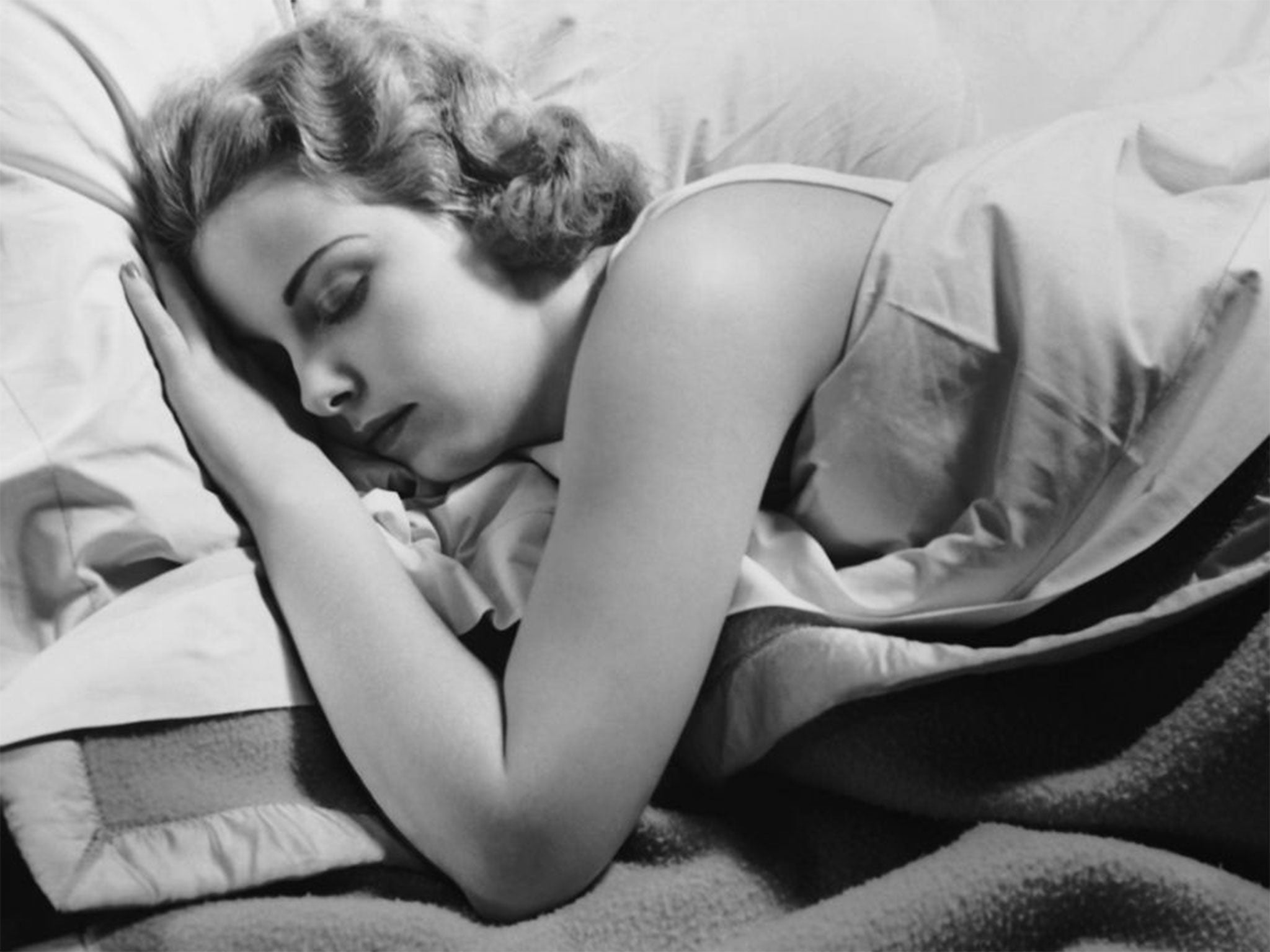Your support helps us to tell the story
From reproductive rights to climate change to Big Tech, The Independent is on the ground when the story is developing. Whether it's investigating the financials of Elon Musk's pro-Trump PAC or producing our latest documentary, 'The A Word', which shines a light on the American women fighting for reproductive rights, we know how important it is to parse out the facts from the messaging.
At such a critical moment in US history, we need reporters on the ground. Your donation allows us to keep sending journalists to speak to both sides of the story.
The Independent is trusted by Americans across the entire political spectrum. And unlike many other quality news outlets, we choose not to lock Americans out of our reporting and analysis with paywalls. We believe quality journalism should be available to everyone, paid for by those who can afford it.
Your support makes all the difference.Too much sleep could be as bad for your health as too little, according to a growing body of scientific evidence.
While a lack of sleep has been associated with an increased risk of obesity, diabetes and high blood pressure, a new study suggests getting more than forty winks could raise the risk of a stroke.
After observing sleep patterns over nearly ten years, academics at Cambridge University concluded that sleeping for more than eight hours a day doubled the risk of a stroke in older people.
Of the 10,000 people observed in the study, 346 suffered a stroke. People who slept for more than eight hours a day were 46 per cent more likely to have a stroke than average.
People who slept for less than six hours were 18 per cent more likely to suffer one.
The participants in the study were aged between 42 and 81 years old.
“It’s apparent both from our own participants and the wealth of international data that there’s a link between sleeping longer than average and a greater risk of stroke, Yue Leng, a PhD candidate who worked on the research said.
“What is far less clear, however, is the direction of this link, whether longer sleep is a symptom, an early marker or a cause of cardiovascular problems.”
Professor Kay-Tee Khaw, senior author of the study, called for more research into exactly what the cause of the correlation was.
“We need to understand the reasons behind the link between sleep and stroke risk,” he said.
It is not yet clear from the research whether it is the sleep itself that raises the death risk or whether people at risk for other reasons try to self-medicate with extra sleep – both of which are plausible explanations.
The new findings, published in February, build on earlier research by academics at the University of California.
An earlier study, which observed death rates of over a million participants between 1982 and 1988, found people getting more than eight hours sleep were 12 per cent more likely to die within the period of the observer.
Earlier this year the National Sleep Foundation and a panel of 18 medical scientists and researchers reviewed over 300 sleep studies to try and find the precise amount of time a person should sleep.
Children and teenagers should sleep for significantly longer, they said But they warned that older adults should not sleep for more than eight hours.

Join our commenting forum
Join thought-provoking conversations, follow other Independent readers and see their replies
Comments